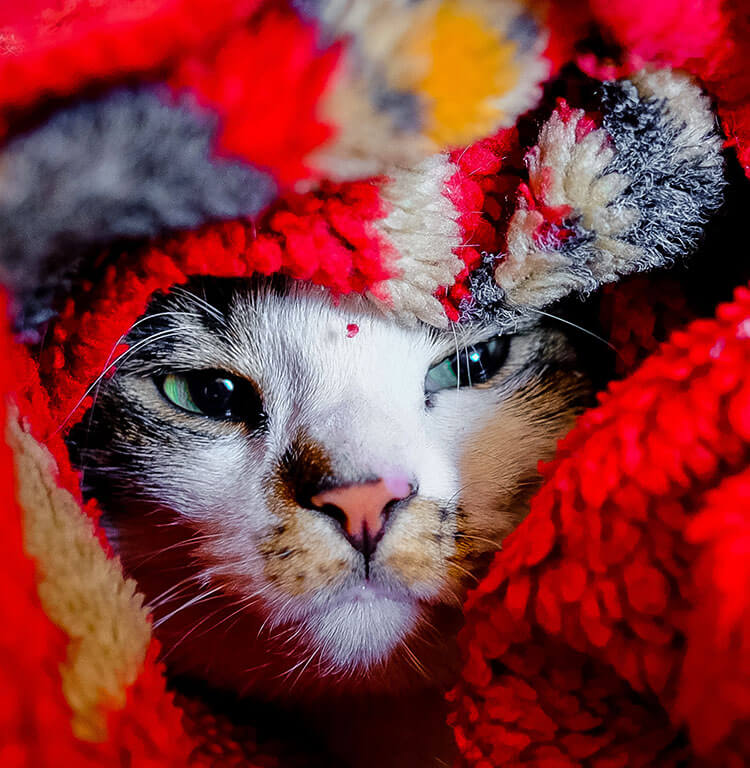Surgery – Before and After Care
South Cranbourne Veterinary Surgery
Surgery – Before and After Care
South Cranbourne Veterinary Surgery
Pre-operative Instructions
- Please give no food after 9pm the evening before surgery and take water away one hour before admission, unless you are given specific alternate directions. An empty stomach is critical for safe anaesthesia.
- Surgical patients are admitted to the practice between 8.00 am and 9.00 am on the day of surgery.
- Allow your pet exercise and time to empty their bowel and bladder before being admitted unless otherwise instructed.
- If your pet is taking medication, give the normal dosage at the usual time unless otherwise directed. If your pet is diabetic, our veterinarians will discuss their specific needs.
Pre-operative testing is often recommended to help us uncover internal problems, particularly in older or unwell patients. This may include blood tests, urine tests and x-rays. Abnormalities detected may need to be corrected prior to surgery or may require a change in the choice of anaesthetic or pre-surgical treatment. In this way we can minimise surgical and anaesthetic risk. Your veterinary surgeon will advise what testing may be appropriate for your pet.
As with pre-operative testing, intravenous fluid therapy may be recommended to minimise surgical and anaesthetic risk. Fluid therapy will help your pet maintain their blood pressure during the anaesthetic and recover from the treatment more rapidly. Fluid therapy will benefit all animals undergoing an anaesthetic, but is particularly helpful for older and debilitated pets.
Home Care
Your pet needs to stay in hospital until they are sufficiently recovered from their anaesthetic or sedation. Most pets are able to go home between 4.00pm and 6.00pm after a routine surgery. In some cases a longer stay in hospital may be required but this will be discussed with the veterinarian. There may be medications or specific care instructions to discuss with the veterinarian or veterinary nurse on an individual basis.
It is important to keep your pet in a warm, quiet environment for the first few days after surgery to ensure that they further recover from the anaesthetic. If your pet has sutures/stitches in place it is important that these DO NOT get wet (so no bathing) and that your pet does not lick or chew at the sutures. Preventative collars and deterrent sprays are available at the clinic.

Opening Hours
Monday: 8am–7pm
Tues-Thurs: 8am–6pm
Friday: 8am–7pm
Saturday: 8am–12pm
Sunday: Closed
Address
82 Earlston Circuit, Cranbourne VIC 3977

